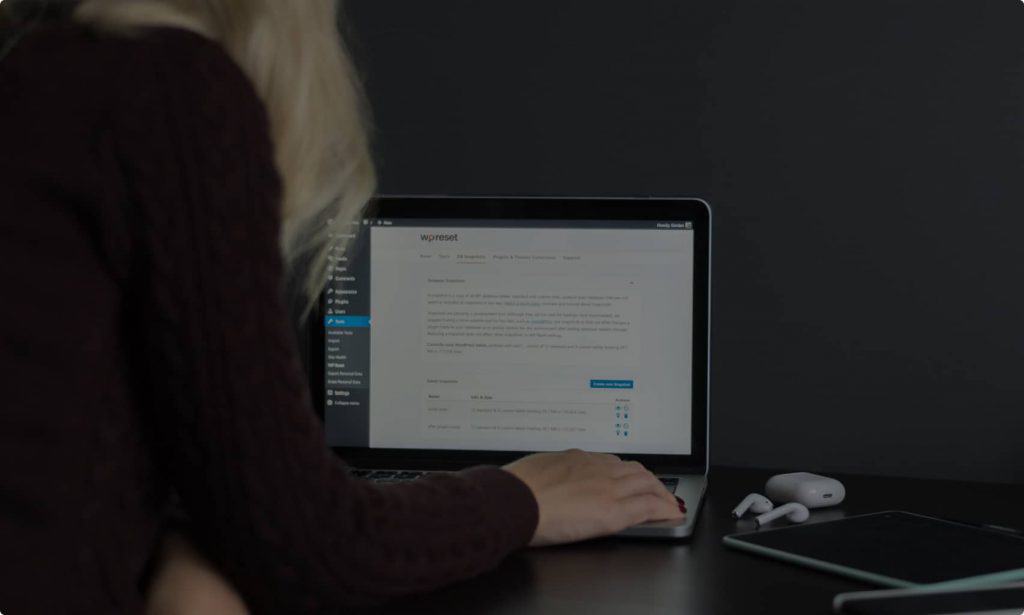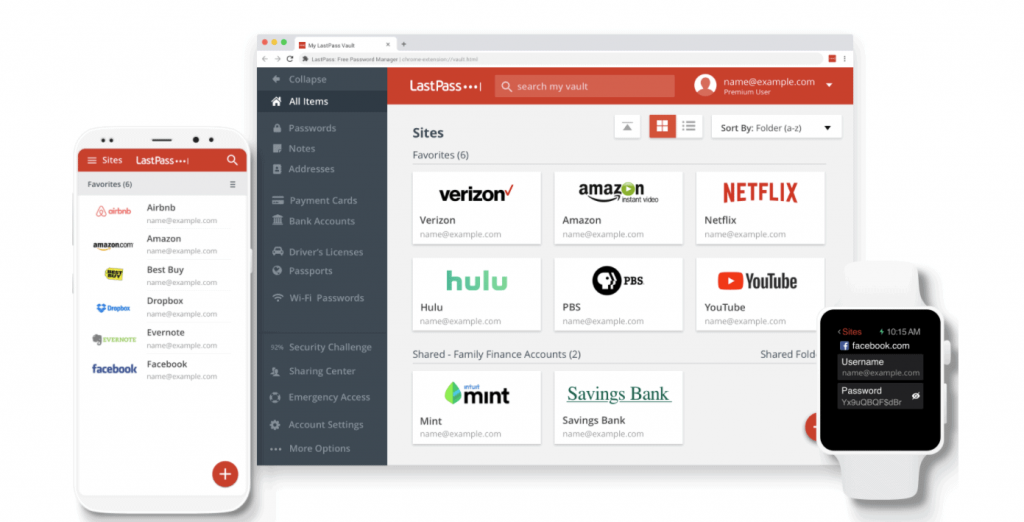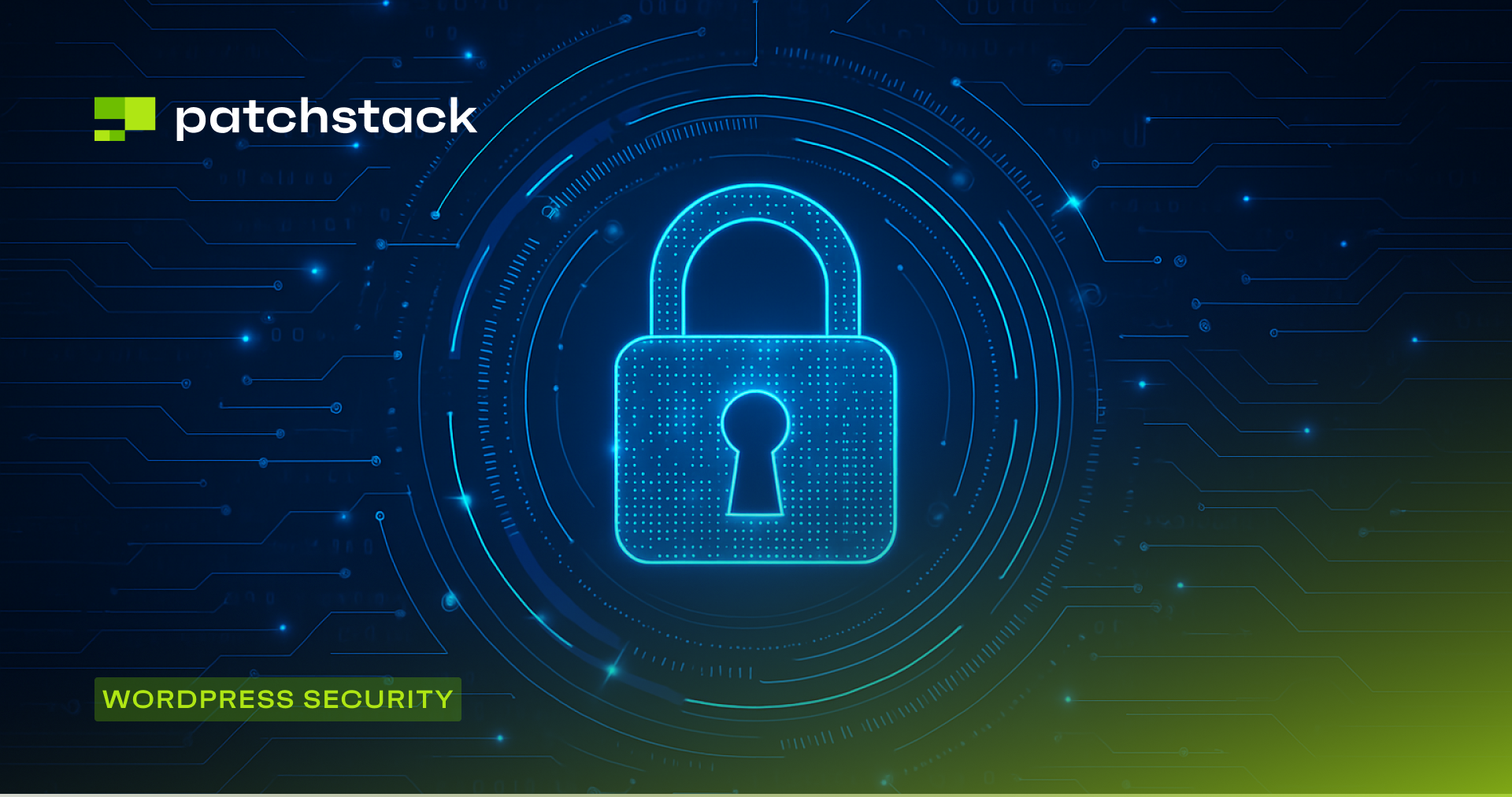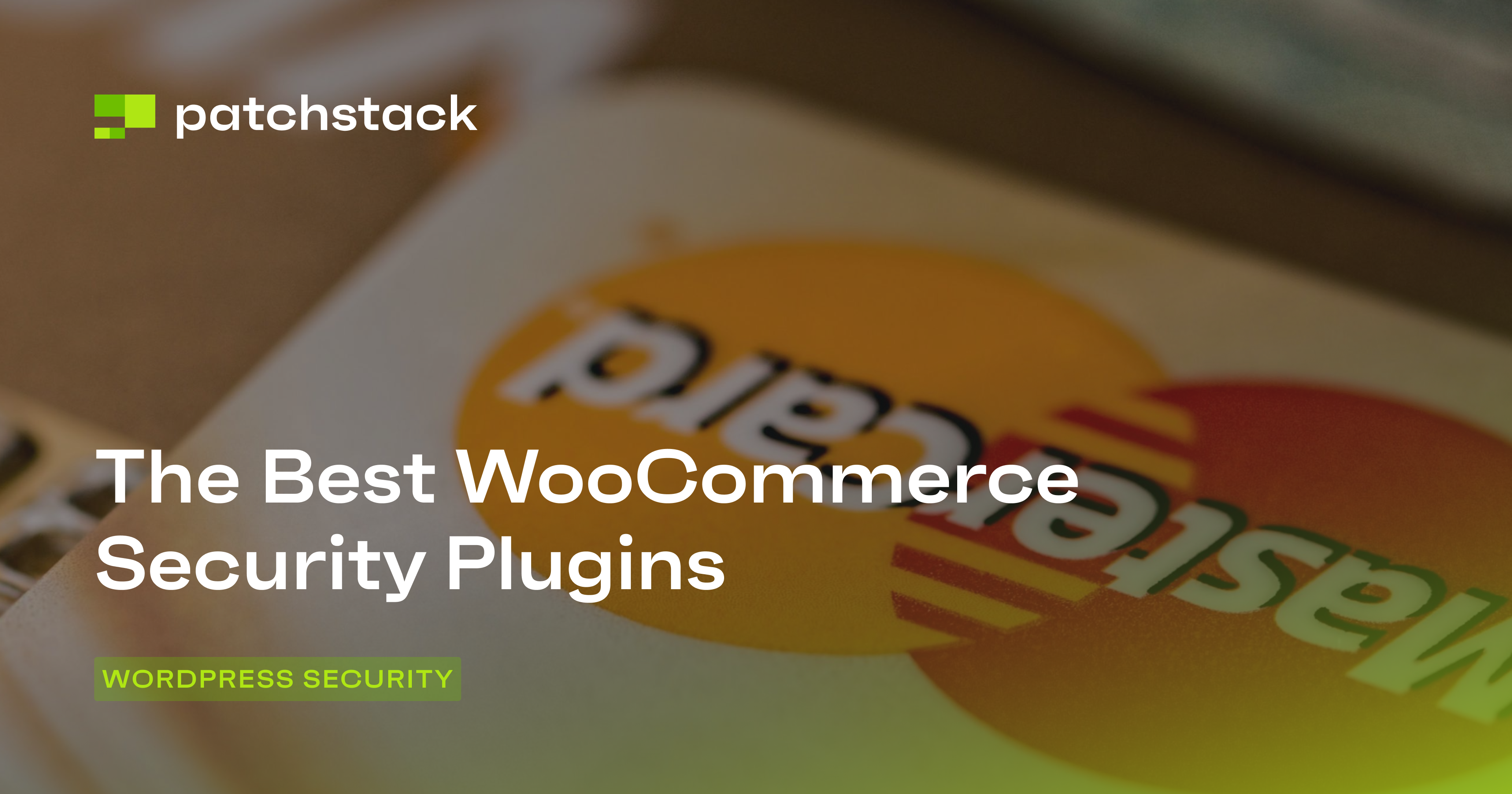We have gathered 12 website security tips from experts to keep in mind. Security is something people and companies of any size cannot ignore and our mission is to make it as elementary as locks on home doors.
People may not think that their website could be a target for hackers, but it happens all the time - every day.
Statistics say that there is an attack every 39 seconds on average on the web and on average 30,000 new websites are hacked every day.
Statistically, a regular small business website is attacked about 50 times per day. This is a lot, and that is why you should invest your time into making sure, your sites are protected.
These website security tips can make a big difference if you take a day to work on them.

We see a lot of articles about simple 5-step tips on how to improve web security and how to make sure your website is safe from hackers, but sometimes it takes a bit more than good passwords and frequent updates.
Of course, this would be a good place to start but in reality, there are thousands of different ways a hacker can get access to your information.
So, let's learn what to do to make your website more secure.
Password management tools
Start with password management tools. Make sure you have a different password for every account so that an evil-minded attacker can't access all your accounts when one of them gets compromised.

Let your password manager calculate a strong password for you so that it would be extremely hard to brute force them. And of course - use two-factor authentication where ever you can.
Choose a good hosting provider
Choose a good hosting provider for your website. Sometimes your website can be secure but if the host is targeted and their security is low it can get your website compromised as well.
Try managed hosting providers if you don't feel confident enough to build a good technical environment for the site. Make sure to read the reviews.
Read more about if you should rely on hosting security here and learn about the dangers of shared hosting here.
Avoid multiple sites in one server
Avoid running multiple sites on one server. Also, create a separate database for each site instead of using different prefixes.
It helps you to keep the sites isolated and will save you a lot of money if one of them gets hacked.
With Patchstack you can save time and money by securing multiple sites on one dashboard, so you don't have to log into every site separately.
Regular back-ups
Back up your website regularly. Some hosting providers do it for you but no matter how secure your website is, there is always room for improvement.
At the end of the day, keeping an off-site backup somewhere is perhaps the best antidote no matter what happens.
Separate database from the file server
Separate database from the file server. Experts recommend maintaining separate web servers and database servers for better website security.
Though the cost may be prohibitive for small organizations, it does make sense when you have to handle customer credentials and other data.
Use HTTPS/TLS to encrypt data
Use HTTPS/TLS to encrypt data. There are more reasons than security in that, but keeping your visitors/customers' data secure should be your number one priority.
Don't go live with defaults
Change the admin username - During WordPress, Joomla, or other CMS installation, you should never choose “admin” as the username for your main administrator account. Also, disallow file editing inside the CMS.
Disable features you don't use
Disable features you don't use. For example: disable registrations and comments on your website if you're not benefiting from them.
Remove all the plugins and themes that are not critical for your website functionality (especially the ones that are disabled or inactive).
Make sure you know what's going on
Make sure you know what's going on on your website. I guess you don't visit your own site every day. Use uptime monitoring and set up alerts when your site has unexpected content changes.
Frequently check if the site is listed in any blacklists that indicate a missed incident. You can scan your site at virustotal.com or use our own scanner at the Patchstack dashboard.
Always update/patch regularly
Always patch regularly. Know what software your website is running, regularly check if there are any new vulnerabilities on any of your software, and always update/patch them as soon as possible.
If your CMS supports, enable automatic updates on your website.
With Patchstack you can enable auto-updates for the software you have on your site. You can also choose to update only vulnerable plugins.
Build layers of security around your site
Build layers of security around your site. Just as you lock your doors before leaving your house and install antivirus software on your desktop computer before browsing the web, you should also have a security system to serve as your website’s first line of defense against hacking attacks.
With WordPress sites, it's critical to stay protected from plugin vulnerabilities, because 98% of WordPress vulnerabilities are related to plugins.
The two most important recommendations for staying safe from plugin vulnerabilities are to keep your sites protected with a managed in-app web application firewall, that gets regular vPatches and enables automatic updates for vulnerable plugins with Patchstack.
A web application firewall is that first line of defense.
Do you need help with these website security tips?
We all agree - to achieve success in today's world it is necessary to maintain an online presence, but it is equally as important to preserve it as well. Nowadays it's more than important to invest in security.
These twelve website security tips from experts are a good place to start, but if you are in need of help, do not hesitate to ask. You can see our online chat bubble on the lower right corner of the site. Just click, leave your email and ask your question. The Patchstack team will reply to you as soon as possible.
Patchstack can help you out with protecting your site with a web application firewall and vPatches. You can monitor your site and set up alerts to keep an eye on what is going on on your site. You can also get alerts whenever there is anything that needs your attention.





